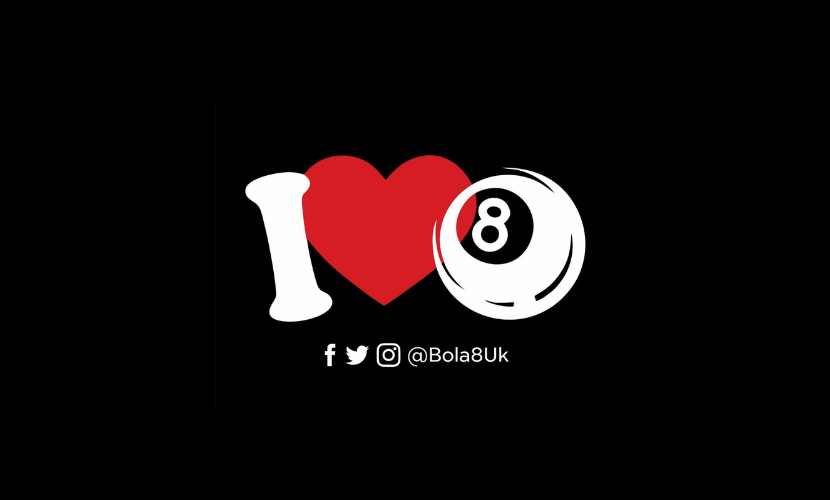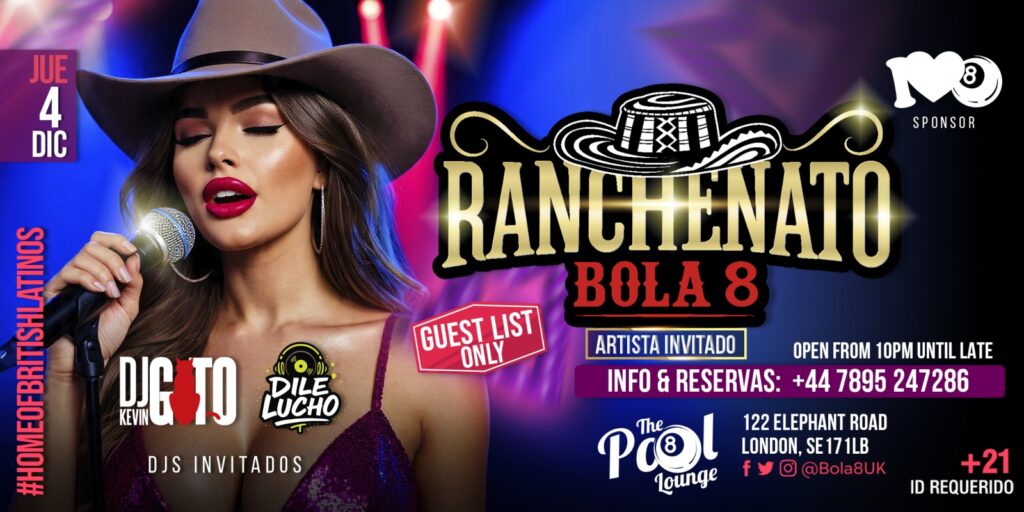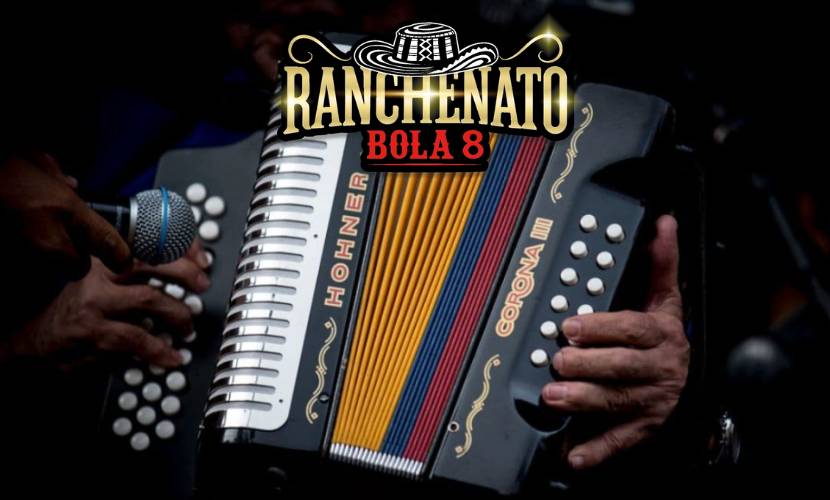There’s a moment in every great city when a sound from far away finds a new home. For London, a city known for embracing rhythms from every corner of the globe, that moment arrived quietly — in the strum of an accordion, the pulse of a caja drum, and the heartfelt poetry of songs born in the Caribbean region of Colombia. This is the story of how vallenato travelled thousands of miles from the dusty streets of Valledupar to the vibrant nights of the British capital.
Today, vallenato has carved out a unique place within Colombian music London lovers and Latin communities who crave the familiar warmth of home. But its journey wasn’t instant. It was built on the passion of migrants, the curiosity of Londoners, and the unstoppable force of Colombian folklore that refuses to fade no matter where life leads its people.
Rooted in Colombian Folklore: The Origins of Vallenato

Vallenato is one of the most treasured expressions of Colombian folklore. It blends European accordions, African rhythms and Indigenous storytelling traditions into a single art form. For generations, it was the soundtrack of long journeys between towns, carried by travelling minstrels known as juglares, who sang about love, heartbreak, rivalry and everyday life.
Before vallenato reached global stages, it lived in plazas, family gatherings and local festivals. Its charm lies not only in its melodies but in its honesty — songs that tell real stories, often with humour, nostalgia or a touch of mischief.
When Colombian migrants began arriving in London in the late 20th century, many brought vallenato with them — not in suitcases, but in their memories. For them, vallenato wasn’t only music; it was identity, belonging and emotional grounding in a faraway land.
To explore the roots and magic of vallenato more deeply, Bola 8 shares a wonderful introduction here:
https://bola8.co.uk/vallenato-music-discover-the-magic-of-colombia-with-bola-8/
🎵 First Notes in London: How Vallenato London Began
The rise of vallenato London culture began in the most intimate spaces. Small Colombian-owned cafés and Latin shops started organising informal gatherings where families would come together, share food and celebrate traditional music. Accordions appeared, cajas vibrated, guacharacas scraped their rustic rhythm — and suddenly a London basement or bar felt like Valledupar at sunset.
As the Colombian community grew, so did demand for live vallenato. Early London-based vallenato bands emerged, mixing classic songs with modern arrangements, appealing not only to Colombians but also Ecuadorians, Dominicans, Mexicans and curious British listeners.
Nightlife venues gradually noticed the powerful emotional connection behind the genre. Unlike other Latin styles, vallenato touches the heart first and the feet second. It brings people close, making them sing loudly, hug tightly and dance in circles as if recreating a childhood celebration.
This expansion into nightlife is beautifully captured in:
https://bola8.co.uk/ranchera-music-and-vallenato-the-rhythm-of-nights-at-bola-8/
💃 The Role of Latin Clubs: How Bola 8 Elevated Colombian Music London

As Latin nightlife in London gained momentum, only a few places dared to host nights dedicated to vallenato. Many clubs focused solely on salsa, bachata or reggaeton. But then came Bola 8 — a venue that understood the emotional and cultural weight of Colombian music London communities.
Bola 8 embraced vallenato fully, making accordion-driven nights a regular part of its programming. The lively atmosphere, mixed with Colombian drinks, Caribbean-style dancing and the friendliness of its crowd, made it feel like the closest thing to a Colombian fiesta in the UK.
People from all corners of Latin America, as well as Londoners who love authentic cultural experiences, flocked to Bola 8 to sing along to classics. It didn’t take long for these nights to become iconic.
Their cultural impact is explored further here:
https://bola8.co.uk/ranchera-music-and-vallenato-the-heart-of-latin-parties-in-london/
🌍 Why London Fell in Love with Vallenato
Londoners have always been open to new sounds, but vallenato’s arrival sparked something special. Unlike salsa or reggaeton, vallenato feels raw and deeply personal.H3 – 1. Emotional storytelling
Vallenato lyrics often feel like pages of a diary — intimate confessions wrapped in music. This authenticity resonates strongly with London’s multicultural youth.
2. A community-driven sound
While other genres entered the UK through record labels, vallenato arrived through people. Migrants shared it through stories, gatherings and family traditions.
3. A bridge to understanding Colombian culture
For many Londoners, vallenato is a gateway to Colombia. It’s a cultural invitation that feels honest and heartfelt.
4. A refreshing alternative within Latin music
With salsa and reggaeton dominating playlists, vallenato adds emotional depth — something more melodic, poetic and nostalgic.
🔮 The Future of Vallenato in the United Kingdom

Today, vallenato is stronger than ever in London. Its presence in clubs, music festivals, cultural events and university Latin societies shows that it has become a permanent fixture in the city’s diverse musical landscape.
Young second-generation Colombians are proudly embracing the genre, learning accordion and reviving family traditions. Meanwhile, British musicians and DJs are increasingly curious about the sound, opening the door for new fusions and collaborations.
The story is far from over — it’s evolving.
❓ FAQ: Vallenato’s Arrival in the UK
Is vallenato popular in London today?
Yes. It has grown significantly thanks to cultural venues, Colombian communities and dedicated nightlife spaces like Bola 8.
Do you need to be Colombian to enjoy vallenato?
Not at all. Vallenato’s charm lies in its emotional storytelling, which resonates across cultures.
Where can I experience vallenato in London?
Bola 8 is one of the key venues offering authentic vallenato nights and live performances.
How is vallenato different from other Latin genres?
It prioritises lyrical depth and emotional connection over dancefloor energy — though dancing is always welcome.
